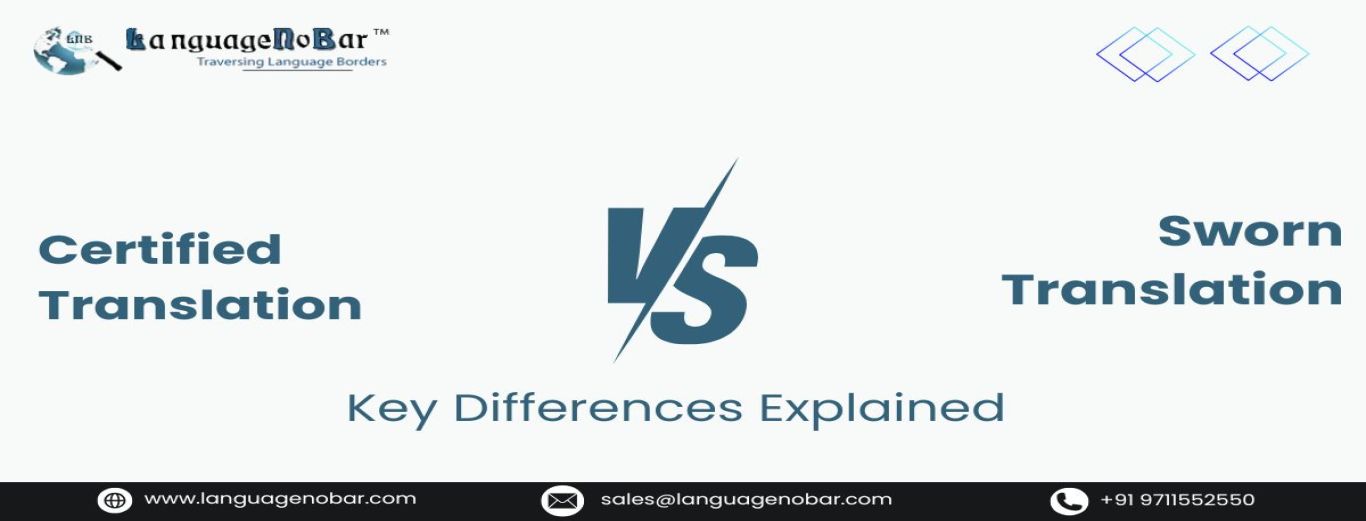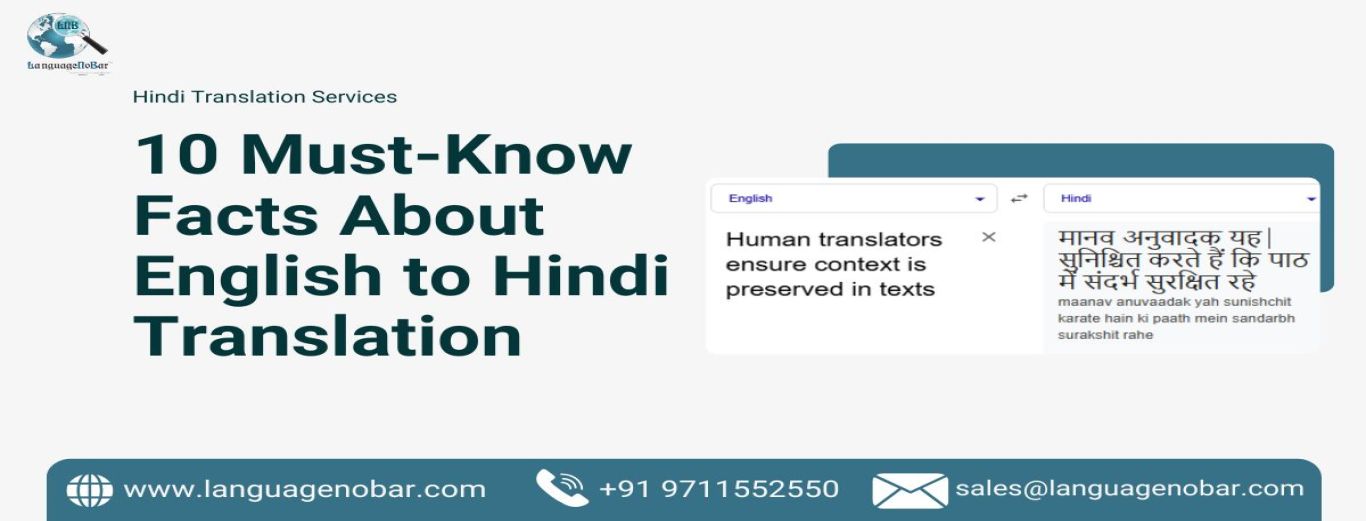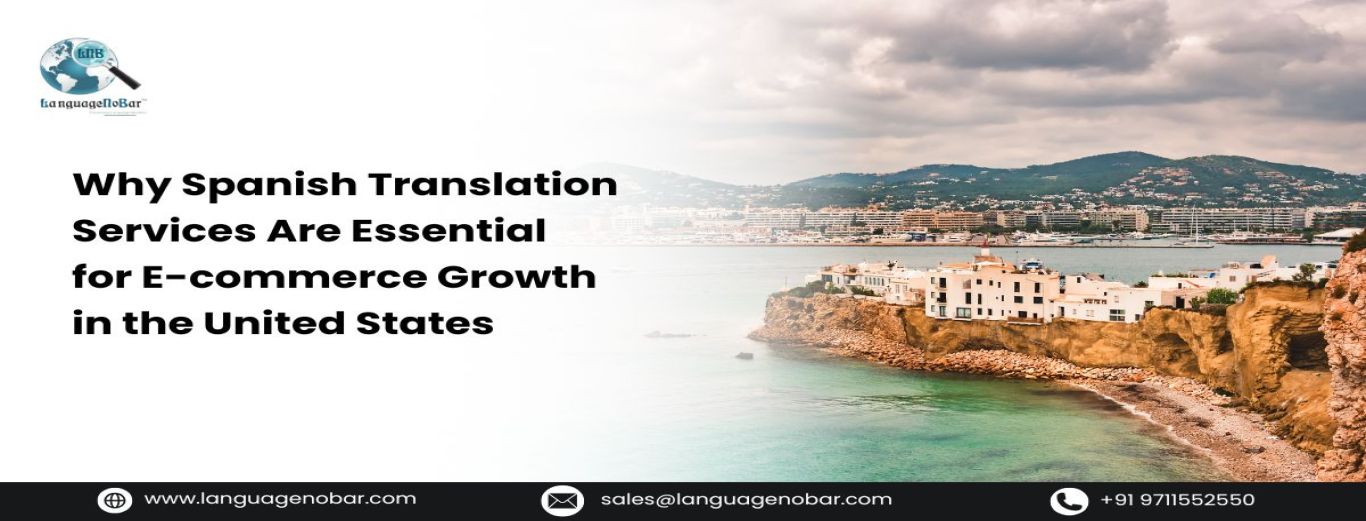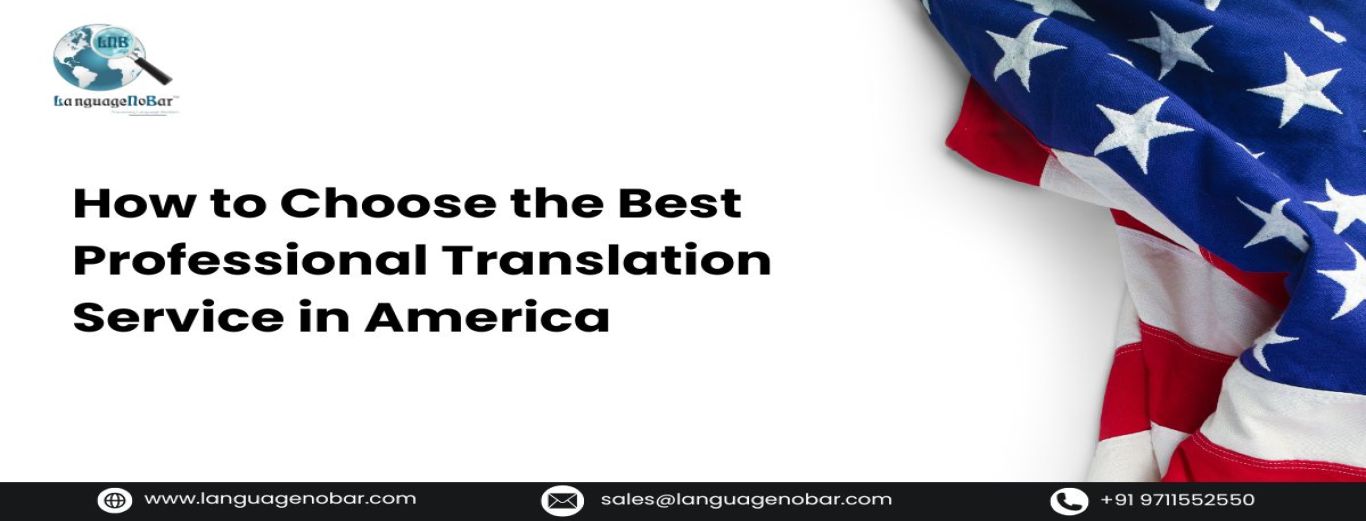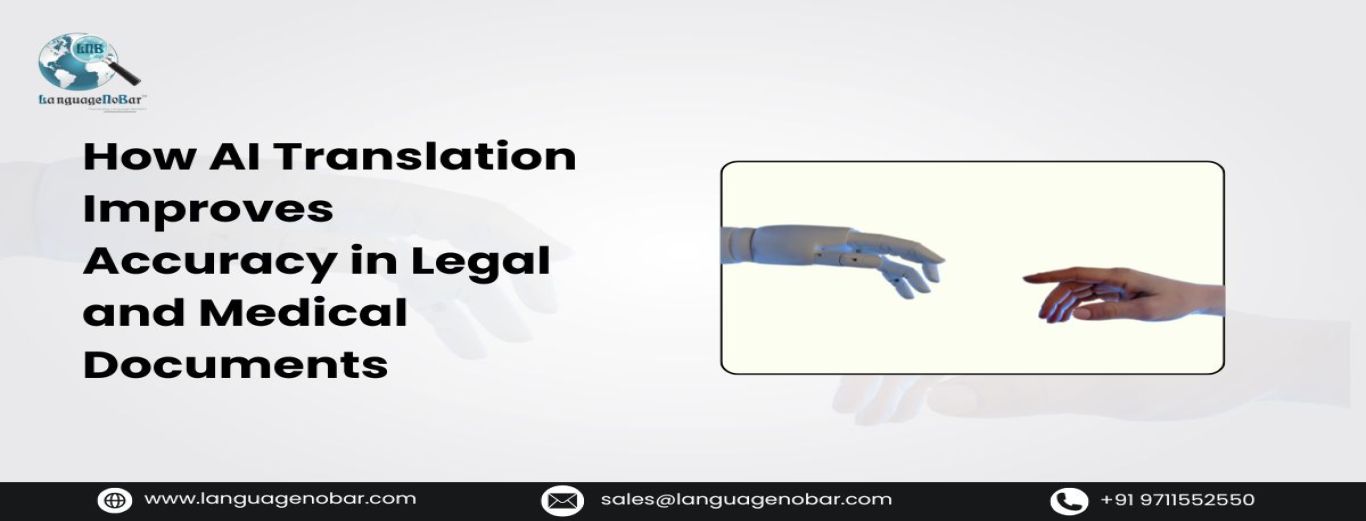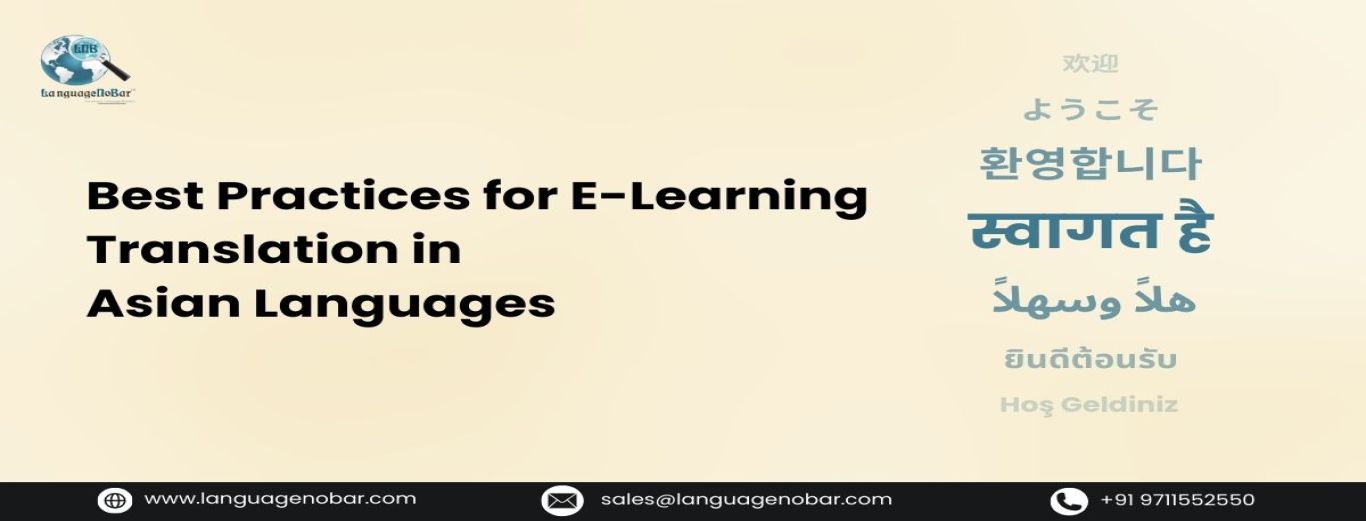Certified Translation vs. Sworn Translation: Key Differences Explained
- Blog
- Comments (0)
Certified Translation vs. Sworn Translation: Key Differences Explained
Certified and sworn translations are often confused with each other when one opts for legal translation services. One reason is that they both have the translator's authority signature. Many international documents are required to be either of the two, though they have some notable differences.
What are their fundamental definitions?
Certified translations prove that the information has been accurately translated without leaving anything aside. A qualified translator signs a certified translation that will contain details about the translator’s qualifications and details, the original document, and a declaration that all the content is accurate and true.
Sworn translations tend to have more authority as the translator signing is legally qualified to sign. This makes it legally valid and the translator is basically “attesting” to the accuracy of the translation. The sign is accompanied by a stamp or seal of the translator or service to make it authentic and non-replicable.
Certified translations are not legally binding, unlike sworn translations which have legal implications. Certified translation is the commitment from the document translation services to assure the receiver of its accuracy. Certified is recognized in most countries for its authenticity. Sworn translations have different rules across nations that have laws regulating them.
Where are they used?
Certified translation is used majorly in immigration services to certify educational, marriage, birth, and immigration applications reported by visaguide.world. As an extension, when international students apply to universities abroad, they are required to show certified translations of their educational certificates in the host country’s first language. Affidavits, evidence, and other legal documents are also certified often. Certified translation services will provide the documents with the agency's name and details for verification.
Sworn translations are used for similar documents but at a more government-level submission. Birth certificate, marriage certificates, or any legal contracts submitted to government-level authorities is commonly a sworn translation. For international licenses, patents, and copyrights the documents and applications need to be sworn translation services.
When to choose certified or sworn translation?
Certified translation services will come in handy when you have to present a document that needs assurance but is not legally mandatory. Presenting certificates or projects for foreign colleges will likely need a document checked for its brevity.
Official legal filings or, applications for approvals is best to have sworn translations. Countries like France, Spain, and Brazil have mandatory regulations for sworn translations.
Who authorizes sworn translators?
Latin America and Europe have a sworn translator system authorized by its courts. The UK does not have a sworn translation system instead they have translators certified by the Institute of Translation and Interpreting (ITI) or the Chartered Institute of Linguists (CIOL). However, they do not hold the high legal status enjoyed by sworn translators.
The US and India follow a similar pattern with no sworn translation system. Translators are certified by the American Translators Association. Legal documents are generally validated by a notary. India also has certified translators approved by the Indian Translators Association (ITA). Indian state governments also maintain a list of translators due to the large number of regional languages in India to streamline inter-government communications. Official documents are either notarized or attested by government officials.
How are sworn translators selected?
In European nations like France, Germany, Spain, and Italy, sworn translators are managed by regional and national courts. They must pass exams to receive the seal and stamp to authorize the documents. France also provides them with a registration number. Most countries need their sworn translators to take an oath or declaration to do their duty honestly and accurately. Post this, their names are added to an official register open to the public. Any unethical practices by sworn translators will lead to their registration revoked.
Image Credit: Statista
How is translation certified?
-
The document is translated by a qualified professional. At LanguageNobar we have professionals with a multitude of experience with legal and government document experience to ensure accuracy.
-
All high-stakes documents like education, immigration, and legal are proofread by another translator for independent edits. This removes any ambiguity or errors.
-
Certified translation services add their name, a statement of accuracy, contact information, date, and qualifications of the translator to give more authority. Using a translation service that has government certification becomes very important to validate these details.
In India or the US, such documents are notarized by a government-recognized notary to give them legal weightage similar to sworn translations.
Looking for legal translation services
While looking for certified translation services look for how long they have been in business and the clients they worked with who have similar needs as yours. Check for member translators associated with organizations like ITA or ATA. Ensure your translators' qualifications match the regulations given by your target jurisdiction.
While by default most European countries need a sworn translation, you should always double-check the requirement. Since sworn translators are costlier unnecessarily using their services will only incur extra costs.
LanguagesNoBar has certified translators from over 50+ domains. We are also accredited by the German accreditation body DAkkS for digital confirmation of the document. Besides providing language services in prominent Indian languages, LanguagesNoBar caters to most European and Asian languages like Dutch, Finnish, Italian, and Thai. A pool of over 5000 translators ensures that your legal documents are rechecked by various expert eyes to make them solid-proof.
Conclusion
Certified translations are attested by document translation services or the translator with their details to assure the accuracy of information. Sworn translations have a legally binding nature with the seal and sign of the translator. Sworn translations are common in Europe while in Asia and the US certified translations are more prevalent.

